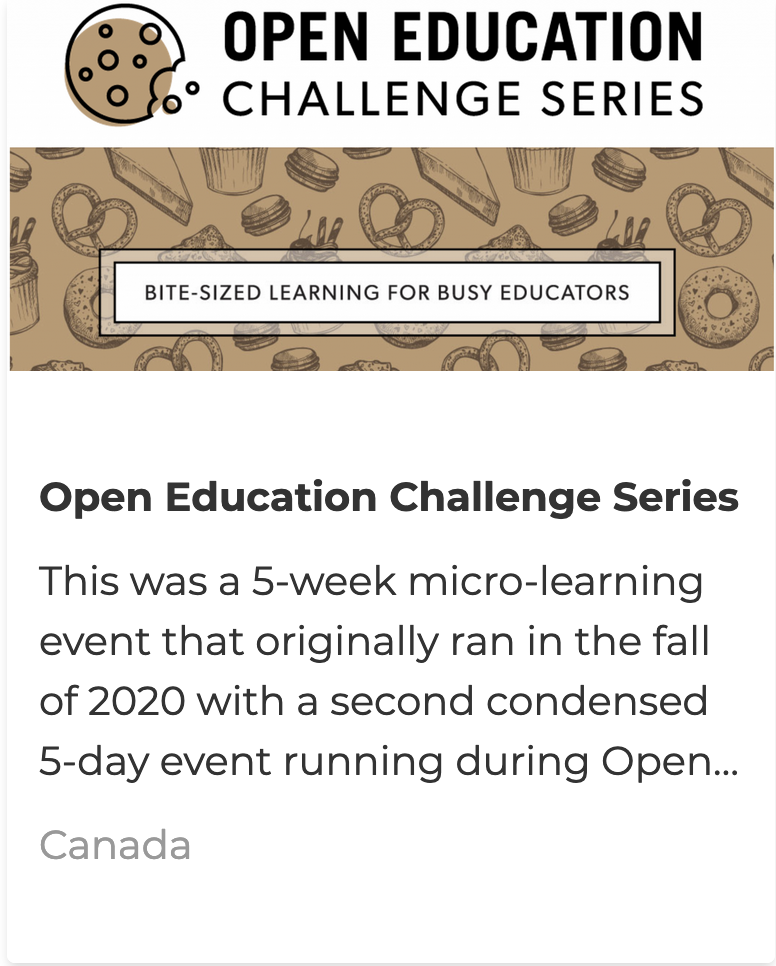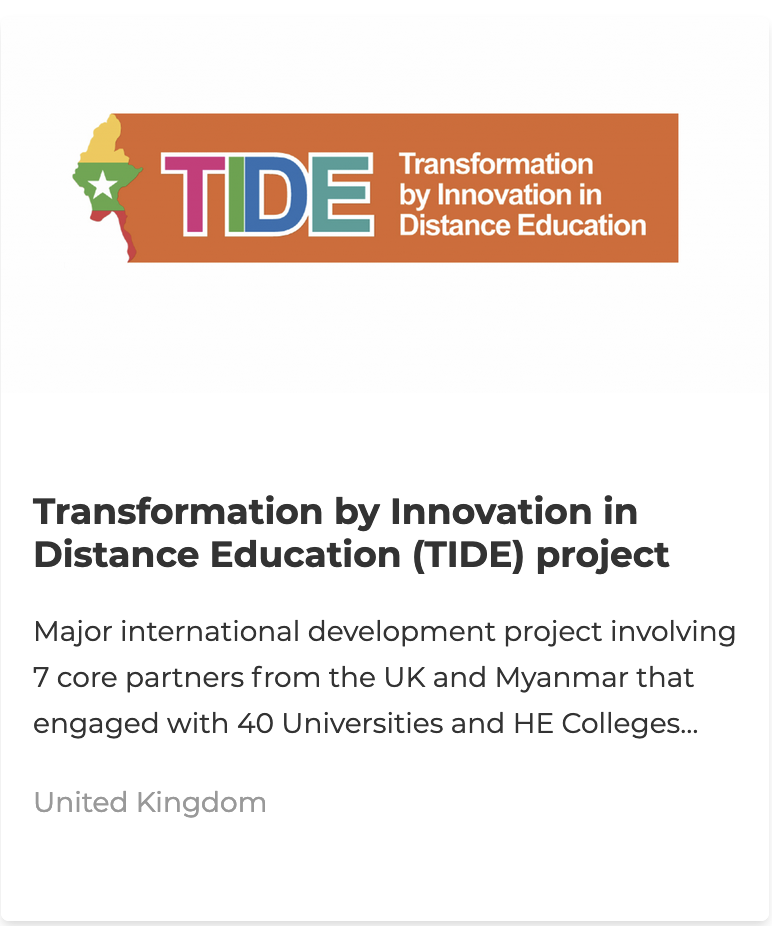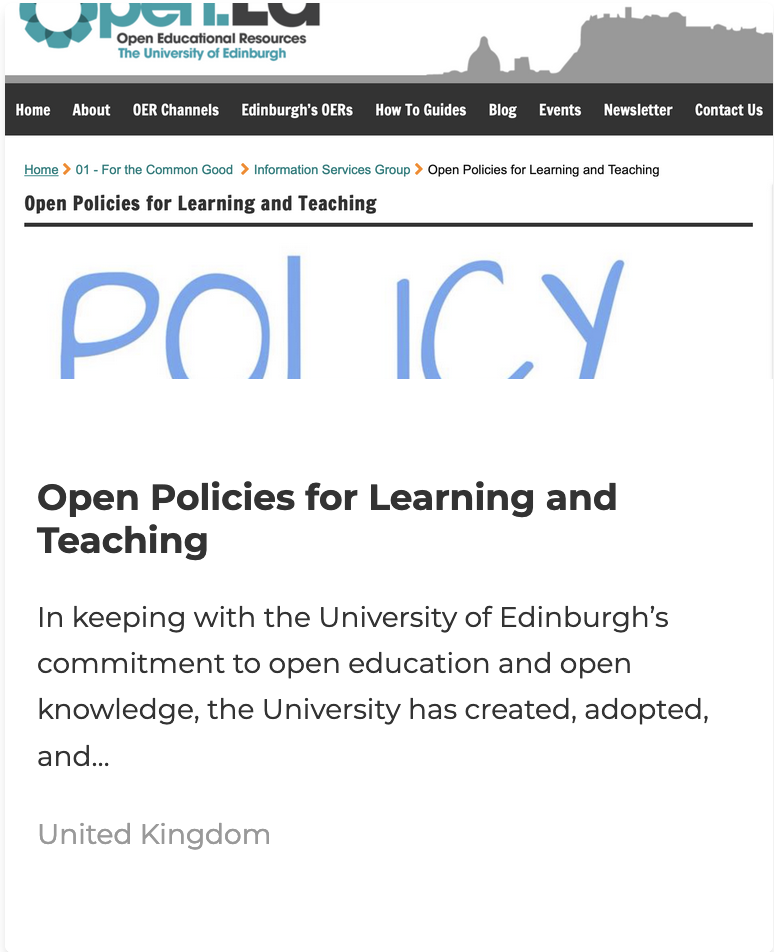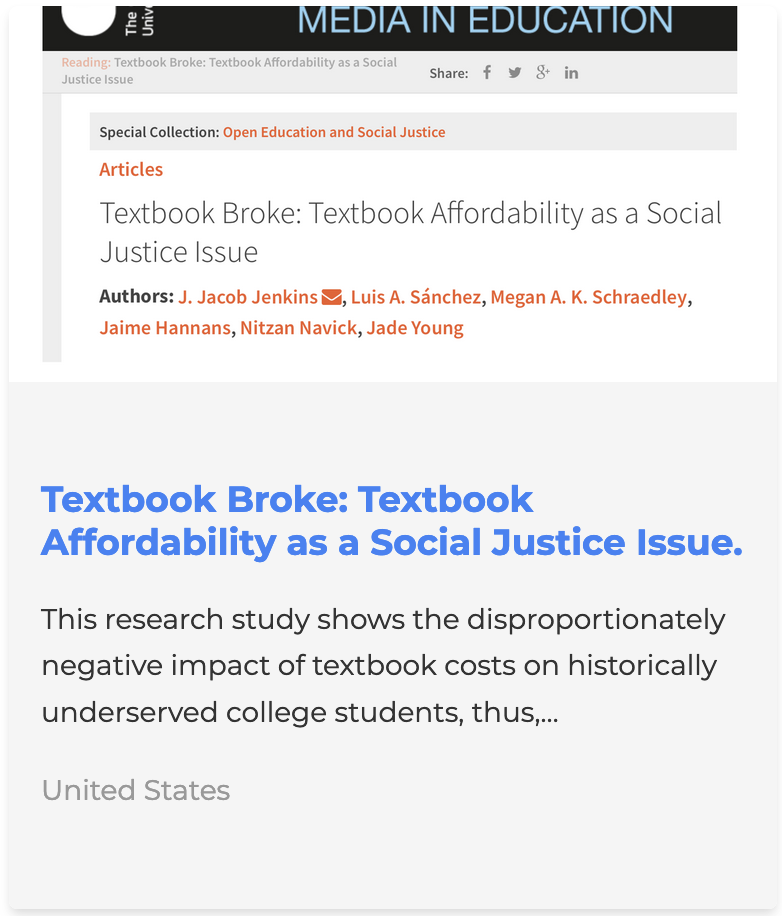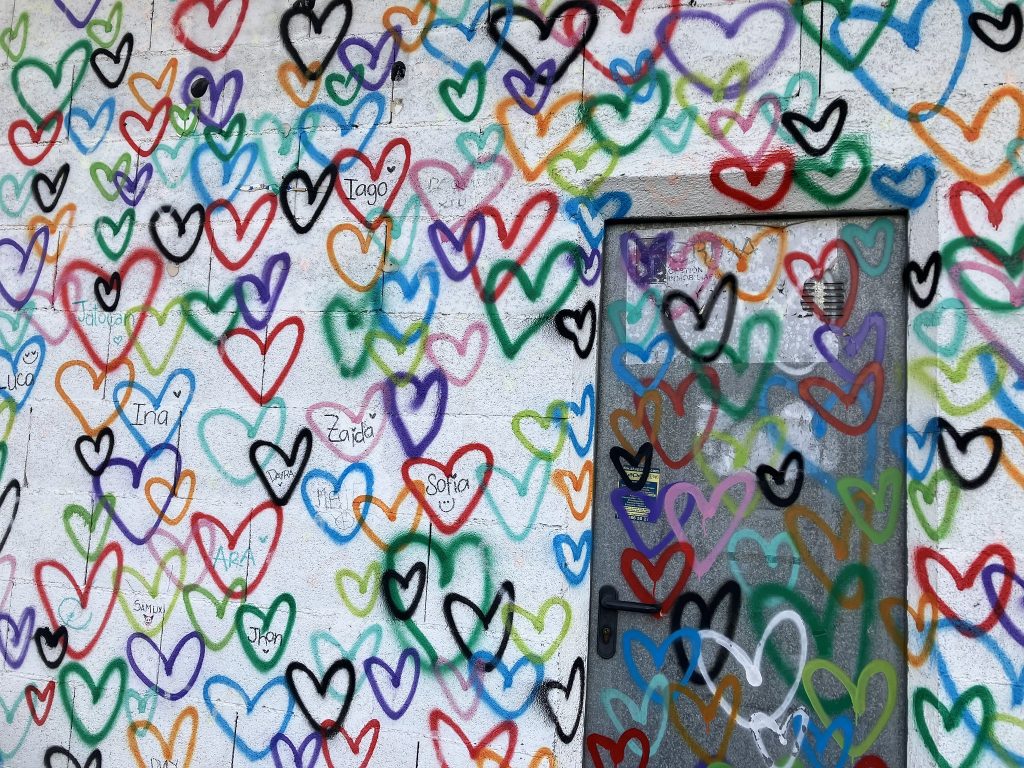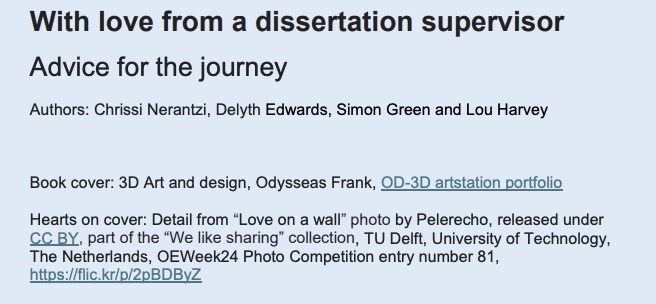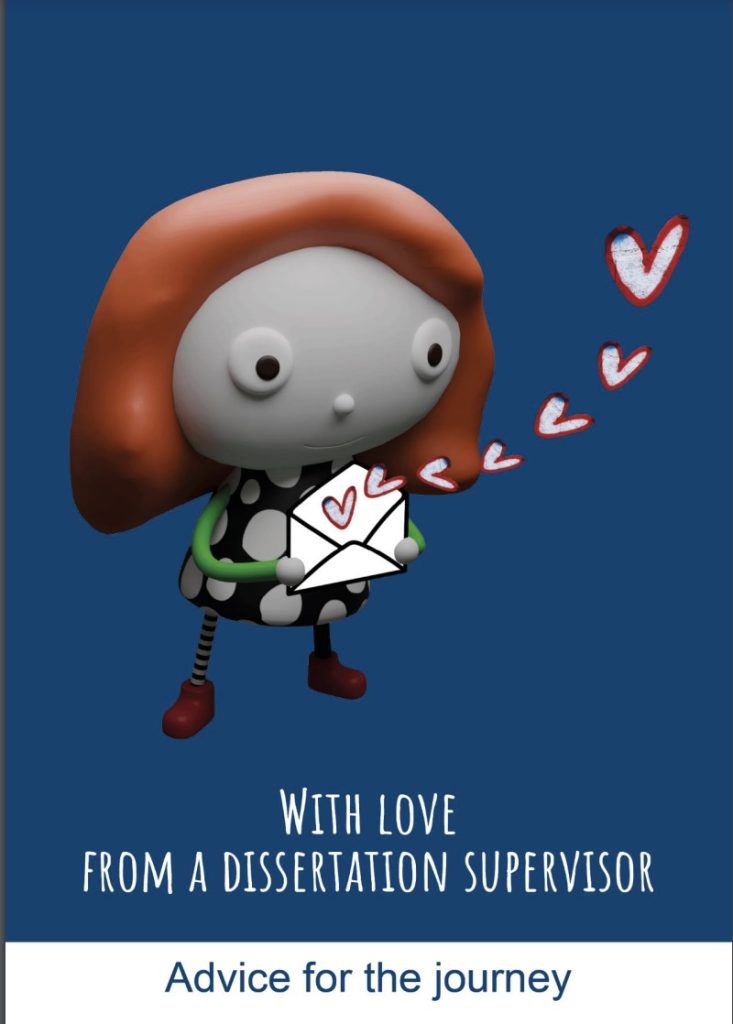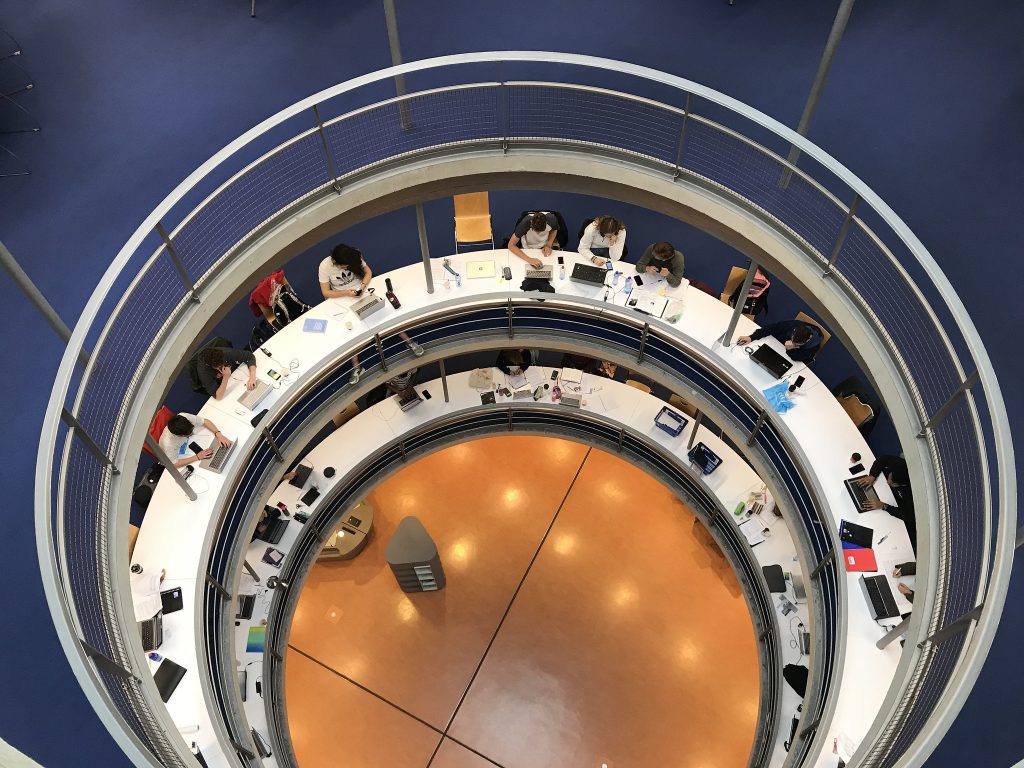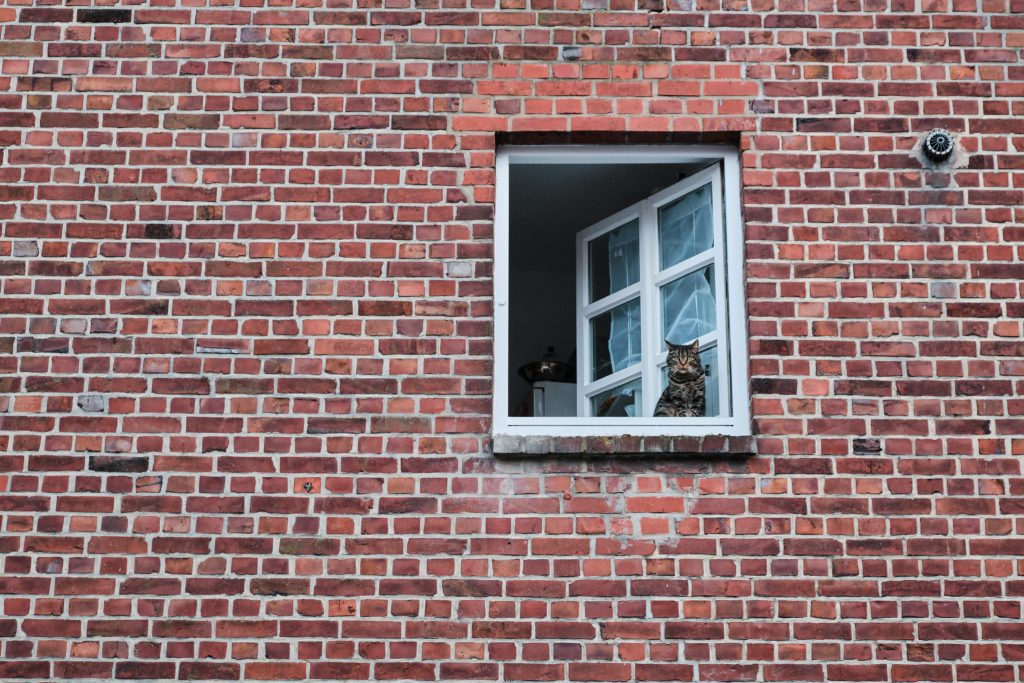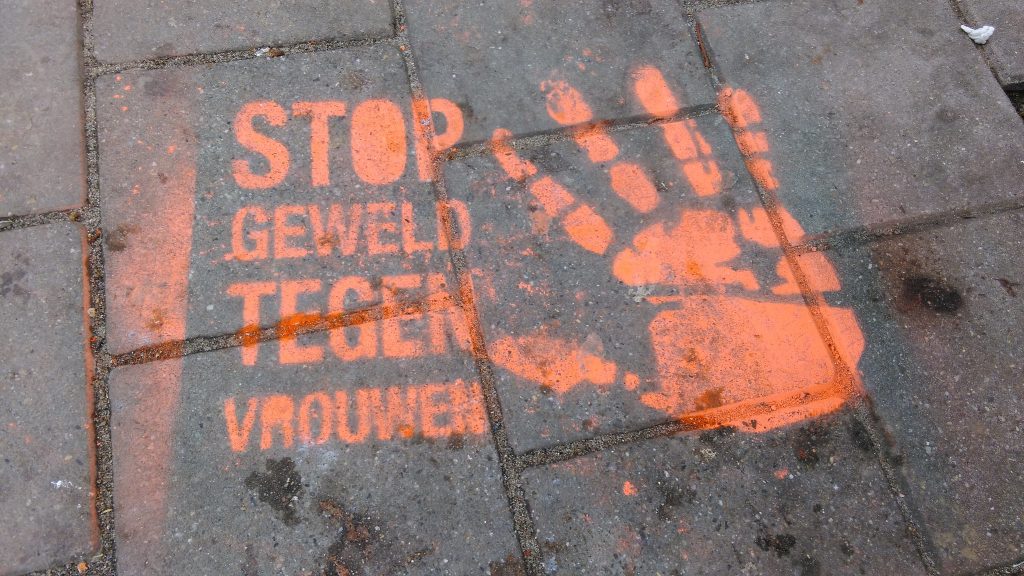We are proud to announce the winners of two categories in Open Education Awards for Excellence 2021 – Open Practices and Open Resilience
Since the end of September 2021 two categories – the UNESCO OER Implementation and Open Assets – award winners have been announced.
The winners of the UNESCO OER Implementation award were every one of the 294 presenters at the OEGlobal21 online conference. This communal prize was awarded for the presenters’ “exemplary leadership in advancing the UNESCO OER Recommendation in their own practices”. Two weeks later, the Open Assets award winners were announced, spread across 4 strategic categories, Best OER, Open Curation & Repository, Open Reuse Remix Adaptation, and Open Infrastructure.
The Open Practices and Open Resilience award winners.
The Open Practices Awards excellence in open education across 5 important areas: Open Collaboration, Open Innovation, Open Pedagogy, Open Policy, and Open Research. The category is centered around the collective behaviors and techniques that provide open access to educational opportunities. The importance of these practices leads to the creation, promotion, and support for open educational resources, technologies, and social networks, which in turn facilitates collaborative and flexible teaching and learning.
The Open Resilience Award is a special category over the last two years. It recognizes exemplary leadership and open educational practices that were implemented in response to and the context of COVID-19. The review committee was especially interested in activities that clearly demonstrate the implementation of open education practices to address opportunities and challenges arising from COVID-19.
For 10 years, Open Education Global’s Open Education Awards for Excellence has seen and acknowledged the growth and impact of Open Education and its increasing number of advocates. The winners of these awards represent works that encapsulate the aspirations of the movement, further inspire outstanding achievements, and add immeasurably to the shared wealth of the open education community. Celebrating the growth, diversity, and impact across the Open Education sector, this year there are four major focuses with 16 award categories in total.
And the winners are ….
The 2021 Open Resilience Awards winner is …
OpenLearn’s response to the pandemic
The Open University, United Kingdom
Project site | Discuss on OEG Connect
During the Coronavirus pandemic, OpenLearn built on its pioneering experience in distance learning at scale to empower more than 2.7 million people to enroll and learn through free online courses. The platform has also given a further 18 million people access to vital and relevant educational resources and activities to help them develop new skills since the UK first locked down on 23 March 2020. Its 22 dedicated professionals collaborated with their university’s academics, governments, employers, and unions across the country to meet the population’s rapidly developing learning and support needs.
During one of the most unprecedented, challenging, and distressing periods of recent human history, the free online learning platform’s inclusive, innovative and responsive work has positively impacted millions of people throughout the UK. It also cemented its parent university’s reputation as a global pioneer in distance learning and showcased its academics’ cutting-edge research, with an audience of 18 million people.
This award is dedicated to a small team with very big hearts and a commitment to open learning who delivered responsive, rapidly-commissioned content at a time when they themselves were compromised by the pandemic: some shielding, some bereaved, caring for parents, children and neighbors.
The team’s response to the Coronavirus pandemic reflects its university’s mission to be open to people, places, methods, and ideas, and responds to its vision to reach learners globally with life-changing education that meets their needs and enriches society.
The 2021 Open Practices Awards winners, in 5 categories, are …
Open Pedagogy
An innovative open teaching practice that incorporates openness in several levels of the learning processes. Engaging not only in the production, use, and reuse of content but also promoting effective open teaching practices.
Open Education Challenge Series
Vancouver Community College/BCcampus, Canada
Project site | Discuss on OEG Connect
The Open Education Challenge Series was a 5-week micro-learning event that originally ran in the fall of 2020 with a second condensed 5-day event running during Open Education week in March 2021. It is a learning event aimed as an introduction to open education for those new or curious about OpenEd. The series was designed, developed, and originally facilitated (for the 5-week iteration) by Dr. Tannis Morgan (Vancouver Community College/BCcampus) and Leva Lee (BCcampus).
Open Collaboration
The Open Collaboration award is given to a successful environment that fosters the collective production of open resources and open practices with a shared goal. An interchange of ideas supported through technologically mediated collaborative platforms, encouraging new opportunities for people to form ties with others and create things together; encouraging diversity of goals, backgrounds, and cultures.
The Winners are:
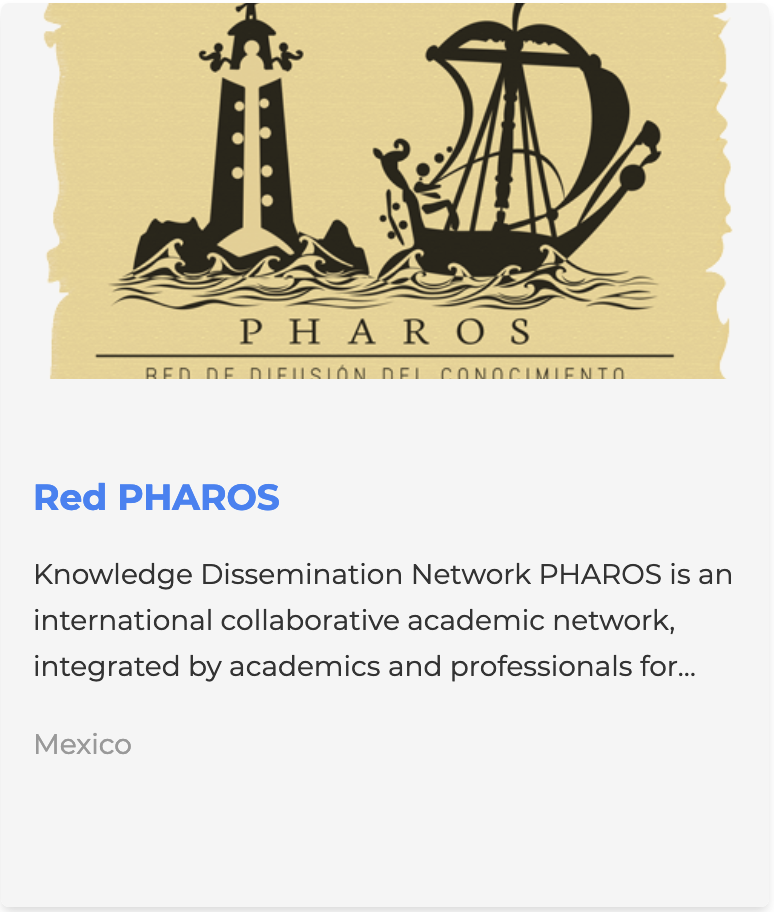
PHAROS Knowledge Diffusion Network
Mexico City, Mexico
Project site | Discuss on OEG Connect
PHAROS is an international collaborative academic network, integrated by academics and professionals for the creation, collaboration, and diffusion of relevant open educational resources. The efforts of specialists from different countries is an amazing way to collaborate that I have not seen in other parts of the world. The use of the network for sharing knowledge and help in research is a valuable example of the best practices in open collaboration.
Transformation by Innovation in Distance Education (TIDE) project
The Open University, United Kingdom
Project site | Discuss on OEG Connect
TIDE is a major international development project involving 7 core partners from the UK and Myanmar that are engaged with 40 Universities and HE Colleges in Myanmar, all of which play a part in the distance education system of Myanmar and that accounts for 60% of all Higher Education (HE) students. A major aim of TIDE was to train HE staff, both faculty and support staff, in all aspects of modern pedagogy and the practices needed for effective open and distance education. Unfortunately, the military coup has paused this collaboration.
Open Policy
The Open Policy awards are given to projects that involve the creation, adoption, and implementation of an open policy, legislation, or mandate. A policy with a clear impact of public investment in the development of open knowledge through the efficient use and reuse of resources for the public good.
Open Policies for Learning and Teaching
University of Edinburgh, United Kingdom
Project site | Discuss on OEG Connect
With the Open Policies for Learning and Teaching project, the University of Edinburgh created, adopted, and shared a suite of influential open licensed education policies and guidelines to benefit institutions across the Higher Education sector. The open policies are based on a significant body of research and consultation, and represents a considered and timely response to changing circumstances in digital education. In addition to providing guidance for the University of Edinburgh’s own staff and students, by sharing these policies under open license they helped institutions across the UK and beyond to respond to online teaching challenges during the COVID-19 pandemic.
When the COVID-19 pandemic hit in 2020, the framework provided by these open policies enabled the University to rapidly adapt its existing principles to accommodate classes delivered entirely online. In response to the online pivot, a Virtual Classroom Policy and accompanying Digital Citizenship Guide, were created, and shared at a critical time for the Higher Education sector.
Open Innovation
The Open Innovation awards outstanding innovation that brings a new approach to open education. Ideas or solutions that present innovative applications of OER to create new opportunities or address existing challenges in open education.
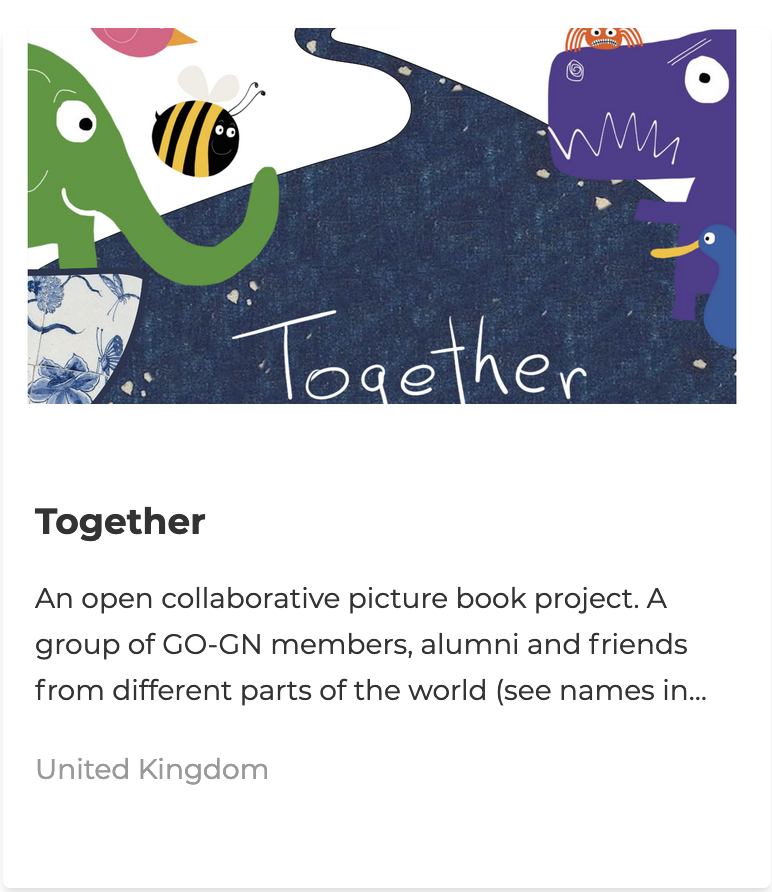
Τοgether: An open collaborative picture book project
GOGN picture book team, United Kingdom
Project site | Discuss on OEG Connect
A group of GO-GN members, alumni and friends from different parts of the world collaborated online over 6 months to co-create the innovative picture book “Together” about the values of open education. The picture book was created to raise awareness and spread the values of open education to new audiences and connect efforts locally and globally in an alternative and creative way, across generations, cultures and sectors.
The illustrations are remixed with details of exhibits from the Rijksmuseum, Amsterdam, available under CC-0 and inspired by Annemies Broekgaarden keynote at OEGlobal18 in Delft. “Together” is licensed under a CC-BY-NC license and is available in 23 languages and a range of editable formats and languages to model how OER can be used, remixed, and adapted easily for different contexts. The illustrations are available together with the Doodlefan (gognoer.github.io) software that has been adapted for “Together” and creates unlimited visual and multilingual opportunities for expression to take the seeds of this story and remix new scenes and new stories.
Open Research
The Open Research awards a research study or initiative about open education and/or related areas. A study or initiative that helps advance our understanding and demonstrate effectiveness related to challenges of the Open Education movement.
Textbook Broke: Textbook Affordability as a Social Justice Issue
CSU Channel Islands, United States
Project site | Discuss on OEG Connect
The Textbook Broke research study shows the disproportionately negative impact of textbook costs on historically underserved college students, thus, confirming textbook affordability as a social justice issue. In light of rising textbook prices, open education resources (OER) have been shown to decrease non-tuition costs, while simultaneously increasing academic access, student performance, and time-to-graduation rates. Yet very little research to date has explored OER’s specific impact on those who are presumed to benefit most from this potential: historically underserved students. This reality has left a significant gap of understanding in the current body of literature, resulting in calls for more empirically based examinations of OER through a social justice lens.
For each of these reasons, this study explored the impact of OER and textbook pricing among racial/ethnic minority students, low-income students, and first-generation college students at a four-year Hispanic Serving Institution (HSI) in Southern California. Drawing upon more than 700 undergraduate surveys, our univariate, bivariate and multivariate results revealed textbook costs to be a substantial barrier for most students. However, those barriers were even more significant among historically underserved college students; thus, confirming textbook affordability as a redistributive justice issue, and positing OER as a potential avenue for realizing a more socially just college experience.
What’s next
Open Individual Award winners will be announced on Nov 15th.
Each main category will be announced until a grand finale on Dec 7th for the 10th Anniversary celebrations. Join us on this journey! Congratulate the winners, and share your experiences with their projects, on OEG Connect!
Explore further:


